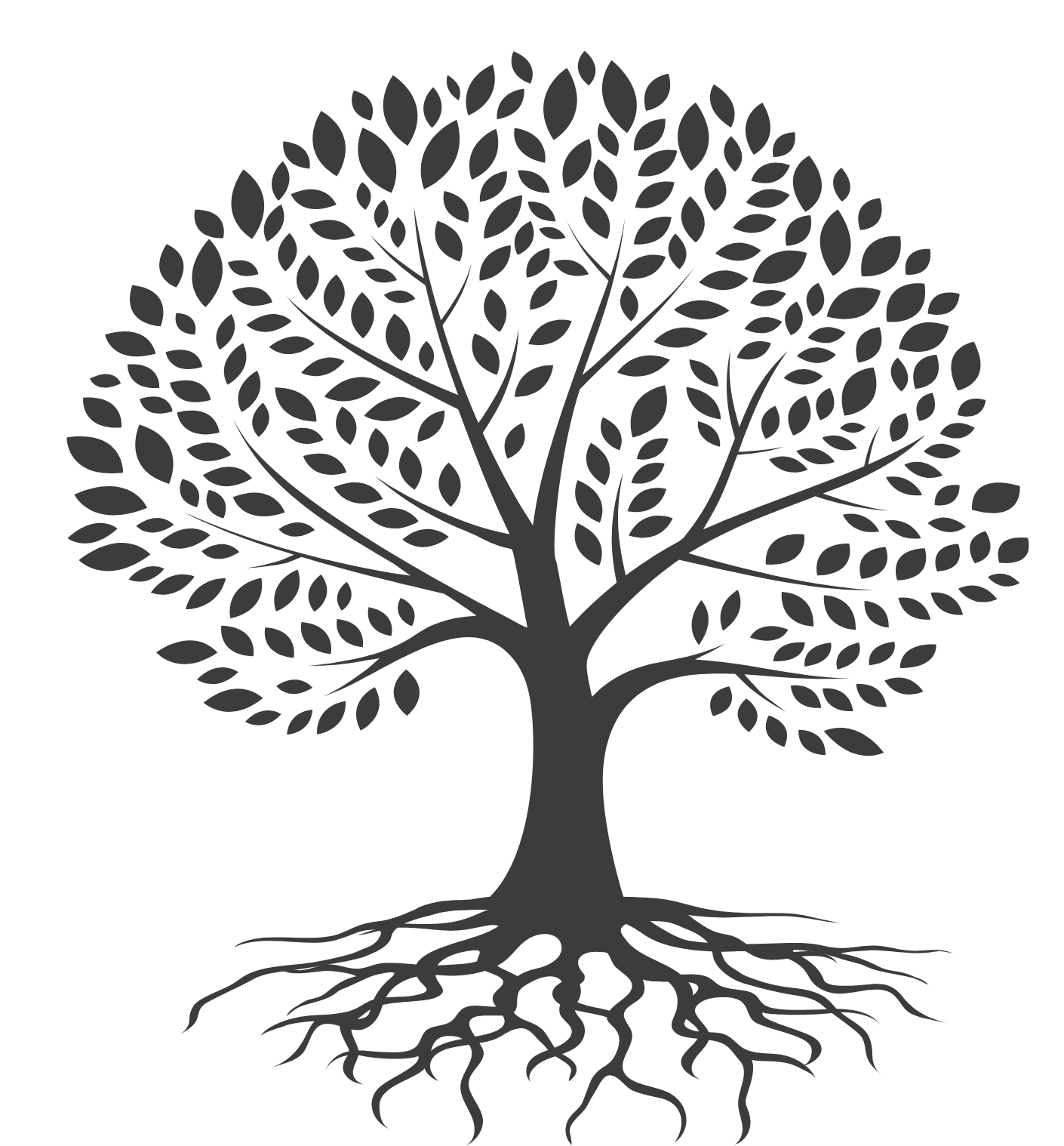Delving into your family's past can be an exciting journey, and one invaluable resource that genealogists often turn to is census records. These seemingly mundane documents are treasure troves of information, offering a snapshot of our ancestors' lives. In this blog post, we'll explore the significance of census records in family research and how they can unveil fascinating details about your lineage.
Understanding Census Records:
Census records have been a cornerstone of genealogical research for centuries. They are conducted periodically by governments to gather demographic data about their citizens. In the United States, for example, the decennial census has been a regular occurrence since 1790. These records provide a glimpse into the household makeup, occupations, and even the economic status of our forebears.
Key Information Found in Census Records:
1. Names and Relationships:
Census records typically list the names of all individuals residing in a household. This includes family members, servants, and sometimes even neighbors. Relationships are often mentioned, helping you piece together the intricate web of your family tree.
2. Ages and birthplaces:
Discovering the ages of your ancestors can be crucial for establishing timelines in your genealogical research. Census records also frequently note the birthplaces of individuals, providing clues about migration patterns and family origins.
3. Occupations:
The occupations of household members are often detailed in census records. This information not only sheds light on the economic activities of your ancestors but can also hint at the skills and trades that were prevalent in their time.
4. Education and Literacy:
In some census years, you may find information about the education levels and literacy of household members. This adds a layer of context to your family history, giving you insights into the intellectual pursuits of your ancestors.
Opinion on Census Records:
While census records are invaluable resources, they do have their limitations. Ancestors may be absent or misrecorded, and details are subject to the accuracy of the enumerator. Additionally, as we move into the digital age, newer generations might be concerned about privacy issues related to the information collected in contemporary censuses.
Accessing Census Records:
To embark on your own journey through census records, you can explore platforms like Ancestry.com, known for its vast collection and user-friendly interface.
Another excellent resource is FamilySearch, which offers a free and extensive database of census records.
In the exhilarating quest to trace our roots, it's easy to get lost in the myriad of documents and records. Yet, as we navigate this labyrinth of family history, one must not underestimate the significance of census records. These seemingly unassuming documents hold the key to unlocking the mysteries of the past. They are not just pieces of data; they are windows into the lives of our ancestors, providing a narrative that goes beyond names and dates.
As you embark on your genealogical journey, don't forget the treasure trove that census records represent. Their value extends far beyond the sum of their details. They are threads that weave together the fabric of your family history, connecting generations and stories that may have otherwise faded into obscurity. So, whether you're a seasoned genealogist or just starting, always keep in mind the enduring value of census records. They are not just records; they are bridges to the past, guiding you through the intricate tapestry of your familial heritage.
If you have any questions, insights to share, or if there's a specific topic you'd like us to cover, drop us a line at FamilyRersearch896@gmail.com
Next Blog Preview:
Stay tuned for next month's exploration into the realms of immigration, nationalization, and military records.
Happy Researching!!
We express our gratitude to Bing's powerful artificial intelligence for curating the compelling images showcased in this blog post. AI technology has enhanced the visual experience, bringing our family history exploration to life. Explore more AI-generated wonders at Bing.



Comments ()